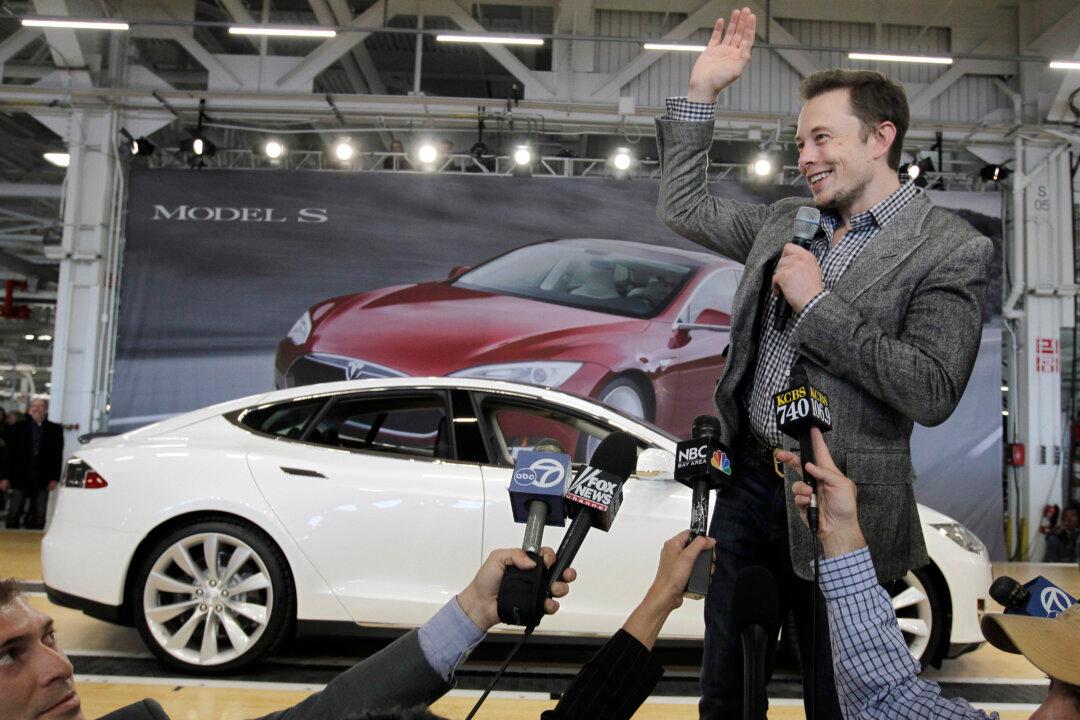Electric carmaker Tesla Motors wants to acquire SolarCity to merge products of two clean energy companies owned by Elon Musk. While Musk says the deal is a “no-brainer,” the news caused Tesla shares to tumble.
Tesla Motors Inc. (TSLA:NASDAQ) said on June 21 it offered to buy SolarCity Corp. (SCTY:NASDAQ) in an all-stock deal, which valued the solar energy company at as much as $2.8 billion. Elon Musk is the chairman and largest shareholder of both companies.
The market has reacted to the announcement, and Tesla’s shares dropped nearly 10 percent and took more than $3 billion off its market value.

Tesla (TSLA:NASDAQ) share price performance, last one month. YCharts





